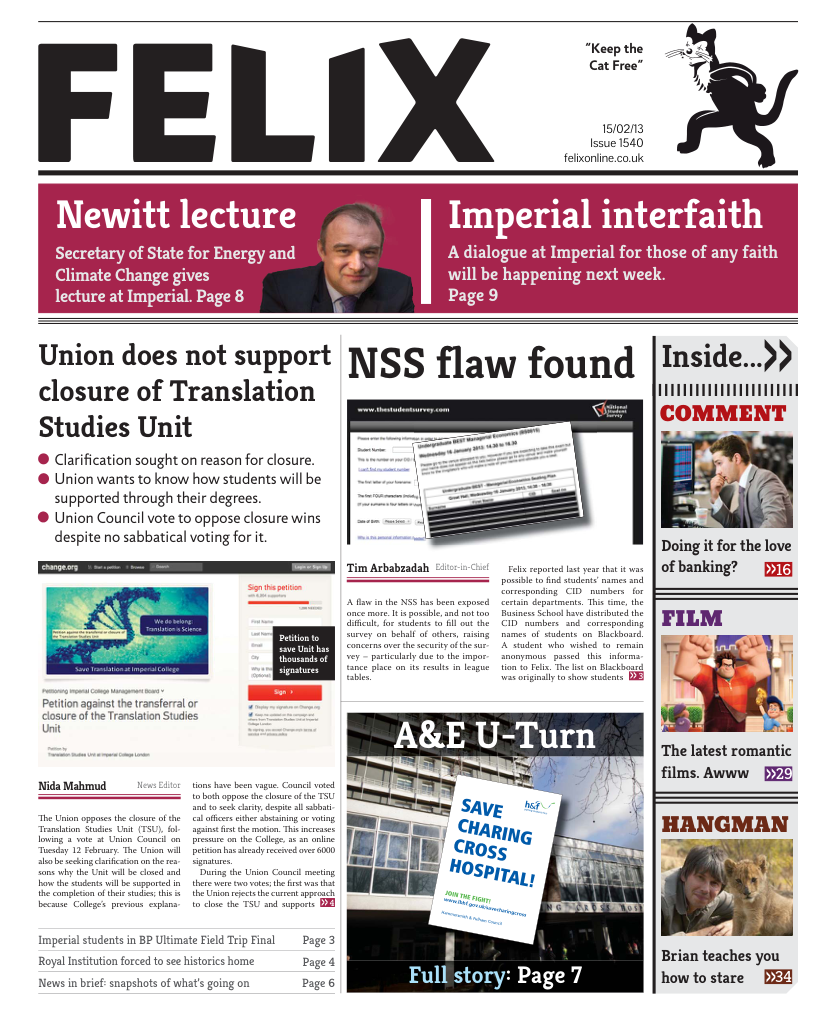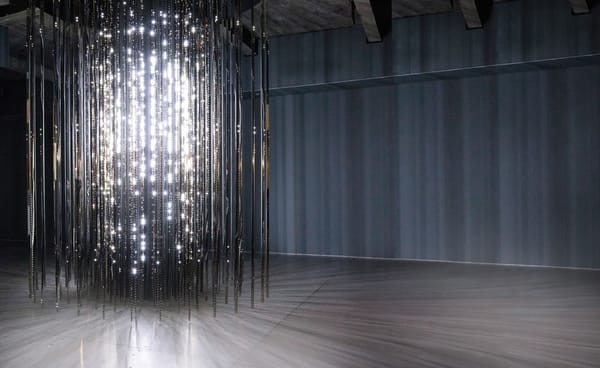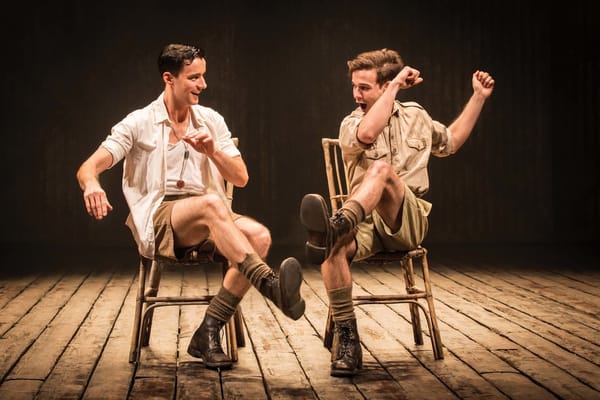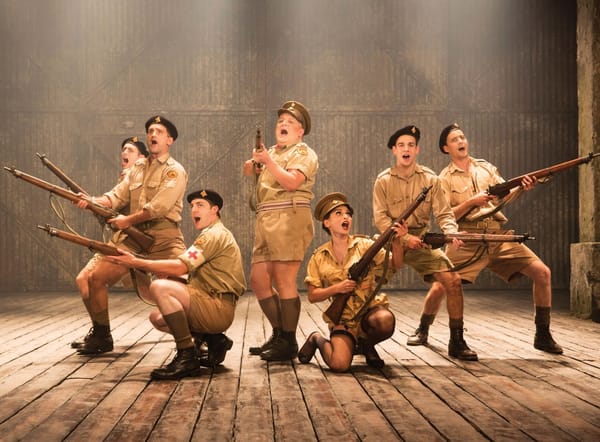Back to collage
Eva Rosenthal goes all Art Attack
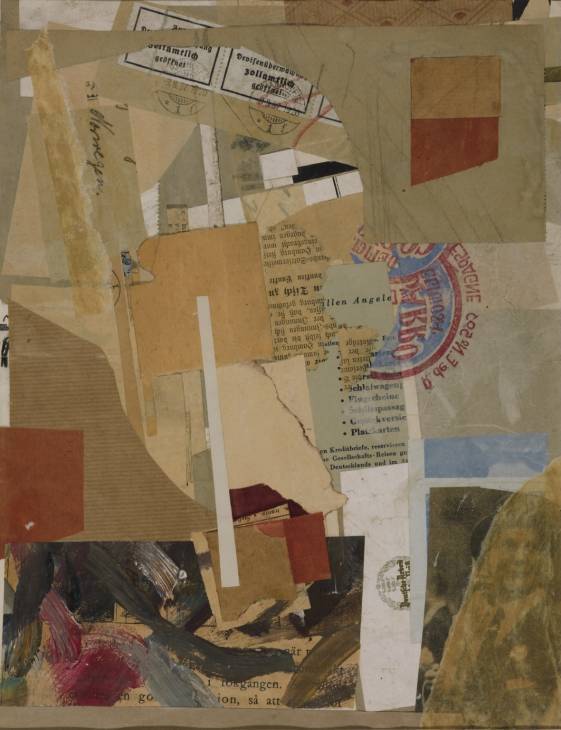
Kurt Schwitters was a key influence on the development of pop-art, one of the most important movements of the 20th century, but if you have never heard his name before, do not fear. Tate Britain is having a major retrospective of his work and, in any case, it is a catchy name, with a tingling ring to it that sticks delightfully to your brain walls so that you could find yourself Schwittering (muttering Schwitters to yourself whilst trying to look sane) around the sweltering rooms the Tate Britian.
Schwitters, a member of the avant-garde art scene in the 20s and 30s, driven to Britain in 1941 by the Nazis, must be introduced through his collages and through the theory that pervades his work: Merz. This was the belief that any material was as valid and as valuable as paint for the creation of a work of art. Ticket stubs, magazines, porridge and half-spoons were all used by Schwitters to create his subtle and delicate collages.
These are by far the most beautiful things he made. They are delicate, intricate and often funny – although always melancholic. Those collages made as he was nearing the end of his life, in the deepest Lake District, are especially lovely, abstract representations of the natural world. He worked best in miniature. Hissmall pieces are charming, allowing the viewer to swiftly imbibe the feeling of the work. Schwitters’ larger works however, are dull, plodding creatures. His portraits and landscapes are unimaginative and heavy: everyone runs past them without even meaning to. Enthusiastic art students attempt to glue themselves to the gallery floor in front of his abstract paintings but are quickly distracted; even they cannot manage to give more than a minute of their time.
Schwitters was an artist with various interests, dabbling in experimental poetry, he was prolific writer. In the context of the show, what stood out for me were his views on imitation in art. Imitation in his (simplified) view could not result in anything truly worthy and for him, at least, this was true: his finest works, his collages, were also truly original.

